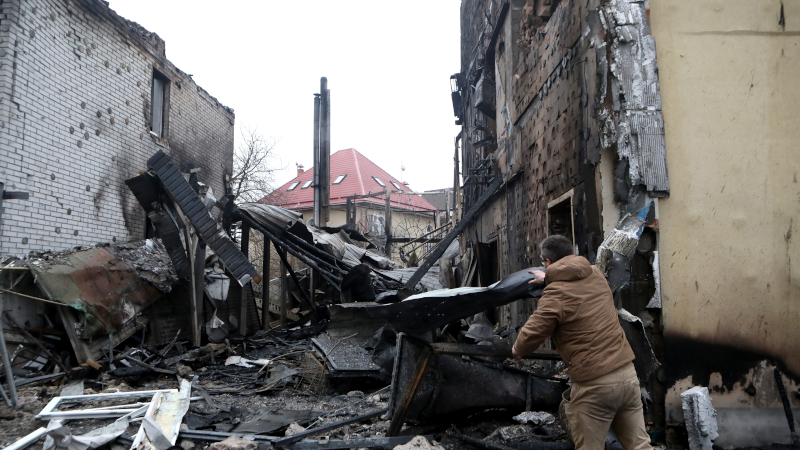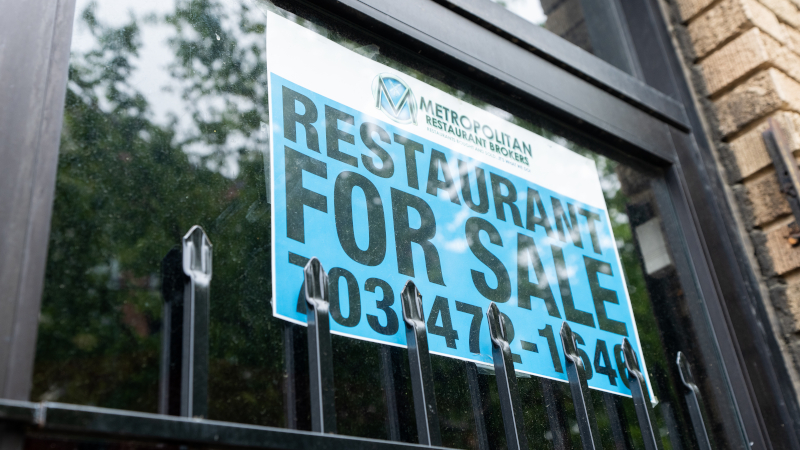
A new move for the Chinese app.
TikTok – the globally massively popular Chinese video app – has apparently decided to boost its “democratic” credibility by working with controversial and often proven as harmful to democracies fact-checking industry. And strategically in Taiwan, of all places.
The island which broke away from China considers itself independent, but China and most of the world, including the US, does not recognize that, and there have been long-standing tensions between Taipei and Beijing.
Now presidential elections are coming up in Taiwan, and TikTok’s “2024 Election Guide” names MyGoPen, which is based in Taiwan, as the “fact-checking partner” there.
MyGoPen, in turn, is “certified” by the International Fact-Checking Network (IFCN), founded by Florida-based Poynter Institute.
TikTok may not be a Silicon Valley behemoth, but it is learning fast from its US counterparts, down to the corporate jargon: in explaining the decision, the company behind the platform said this is done in order to “protect election integrity” and also, provide “authoritative information” to users.
Some reports assume that the move is supposed to “distance” TikTok from itself – namely, the fact it is a Chinese company – and criticism, particularly in the West, that comes with that.
But when the full circle is completed here, TikTok pretty much ends up where it started, that is, with some suspiciously Chinese internet censorship-style solutions and methods – even if the intent seems to be to bolster whatever Taiwan’s Election Commission puts out there as fact.
Namely, when TikTok users search for information about this election, or when they watch related videos, they will be “directed to the guide(lines).”
Just like when Google and others of its kind direct users searching or viewing Covid-relevant content to the WHO, so TikTok will make sure to send its audience in Taiwan to the Central Election Commission (CEC).
And then things get even more of a “mainland China flare” when the company announces that in addition, TikTok now has “a dedicated reporting channel for the CEC and the National Police Agency to flag content they believe may be in breach of any local electoral laws or our community guidelines.”
But all this might actually, however objectively “problematic,” give TikTok some grace in the West, since the accusation is that “the island has faced a flood of disinformation reportedly from mainland China targeting mostly the ruling Democratic Progressive Party government,” as the South China Morning Post put it.




